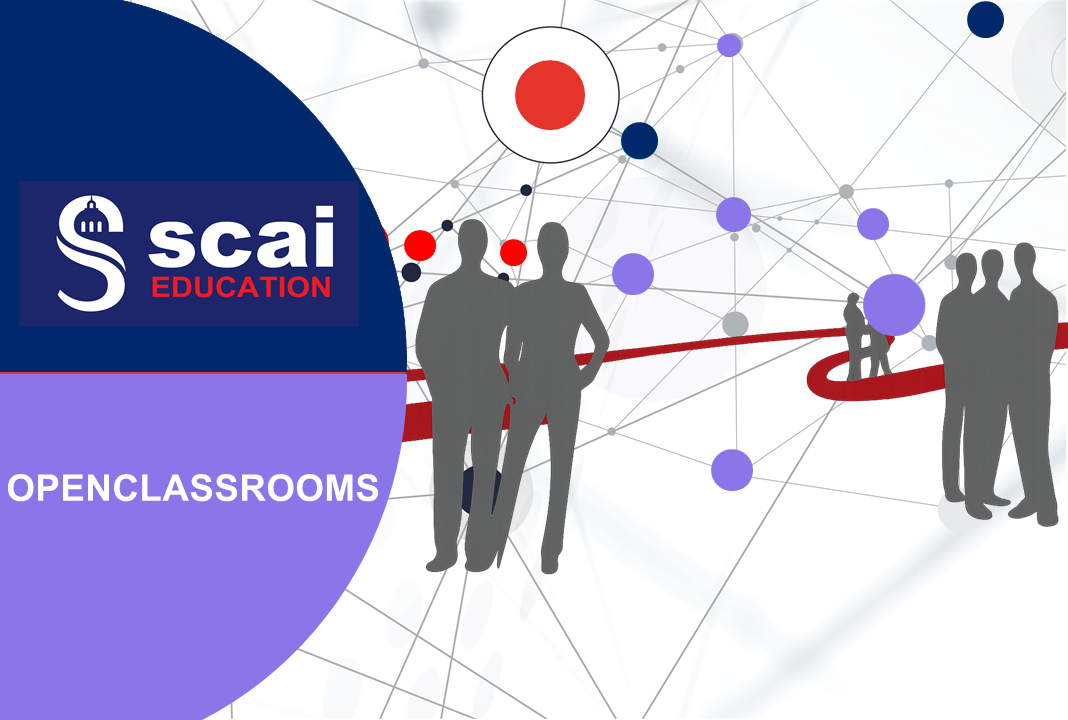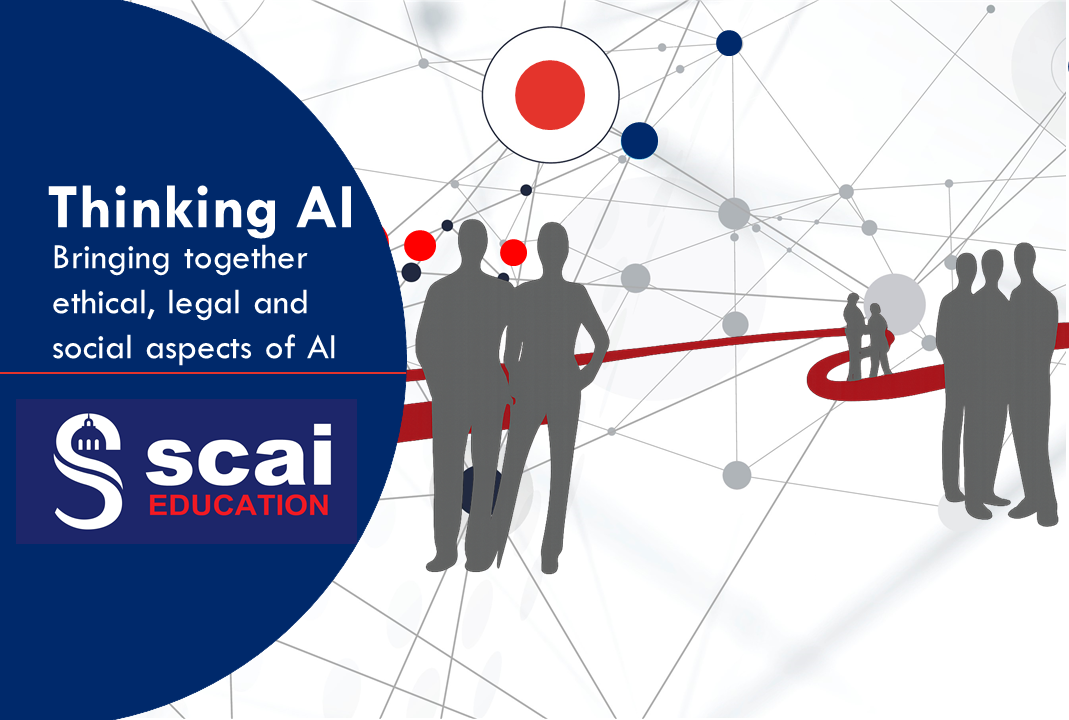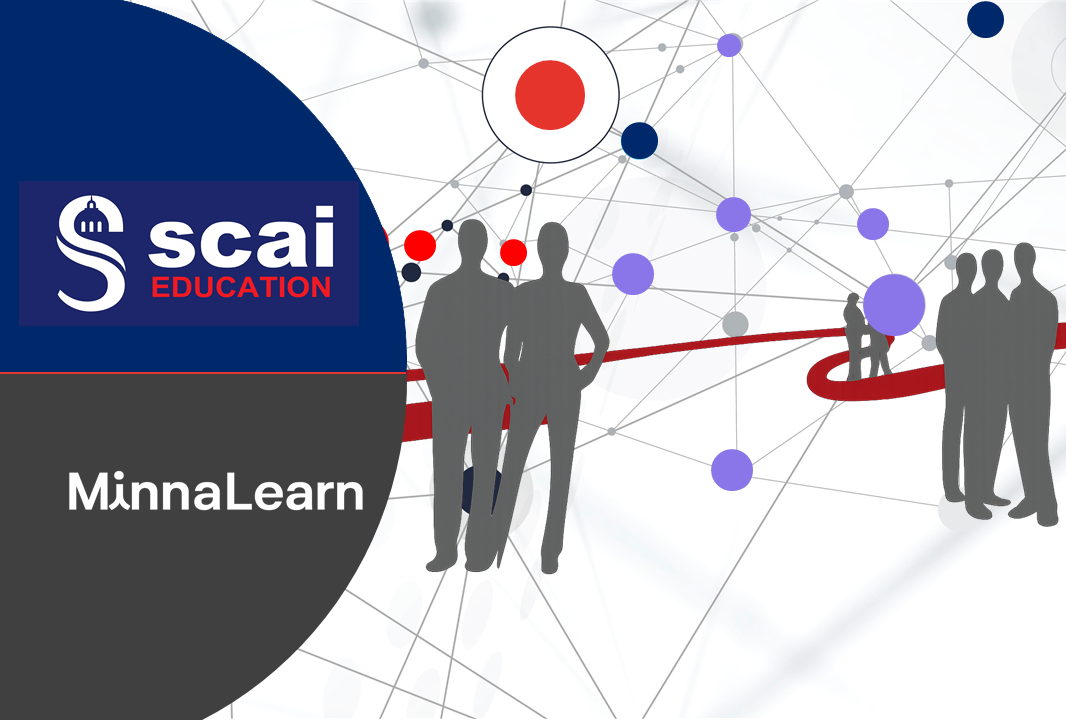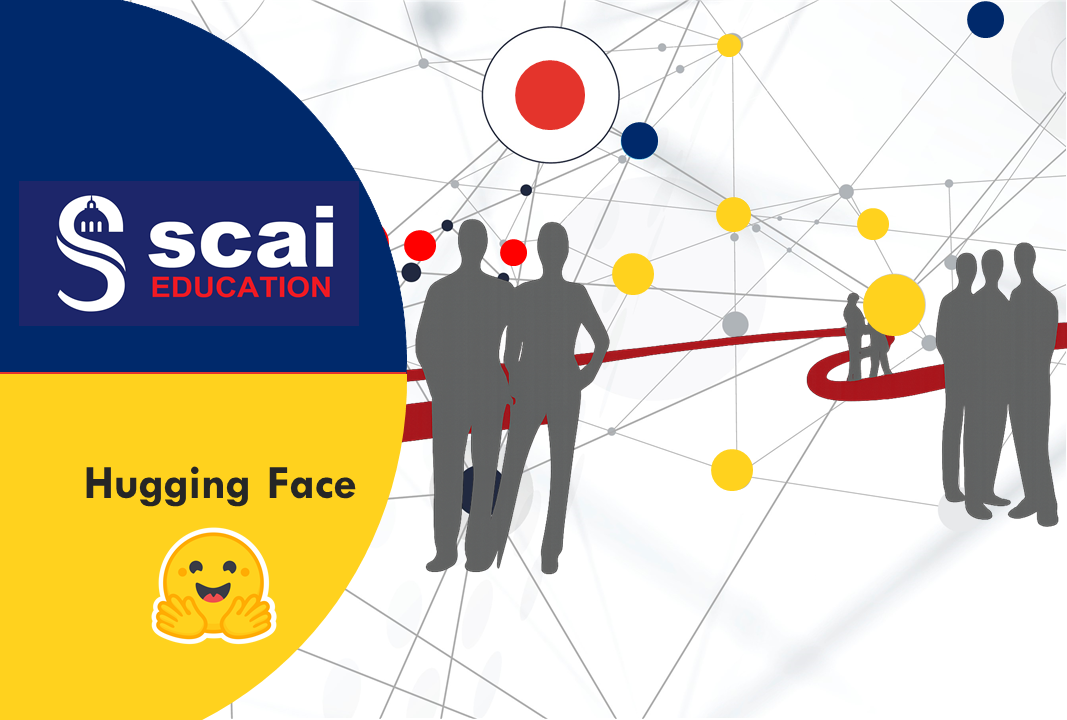
Python pour l'analyse de données 🇫🇷

AI & Equality : A Human Rights Toolbox ⟦EN⟧
Discover how AI can be shaped to respect Human Rights and promote equality! This course empowers you to understand risks and solutions from both technical and societal perspectives. Join us to build inclusive technologies that truly serve people and the public good.

Thinking AI: Bringing together ethical, legal and social aspects of AI
This course consists in a series of 11 free online lessons from recognized AI specialists collaborating with the SCAI.

Elements of AI
A free online introduction to artificial intelligence for non-experts.
By The University of Helsinki & Sorbonne Université.

Introduction to Python

Apprentissage machine (introduction)

Machine Learning (intermediate)
Ce module intermédiaire vous apprendra à nettoyer et préparer vos données, puis à évaluer efficacement vos modèles avec les meilleures techniques.
Rejoignez-nous dès maintenant pour développer des compétences pratiques et devenir expert en machine learning 🚀.

Use Hugging Face libraries
This course covers the use of Hugging Face libraries for building and deploying powerful AI systems for natural language processing, reinforcement learning, and interactive model interfaces. It includes the basics of natural langage processing, as well as advanced topics such as deep reinforcement learning and custom Gradio interfaces. The course is designed for students with a basic understanding of Python programming and machine learning concepts teached in the Machine Learning (introduction) module.